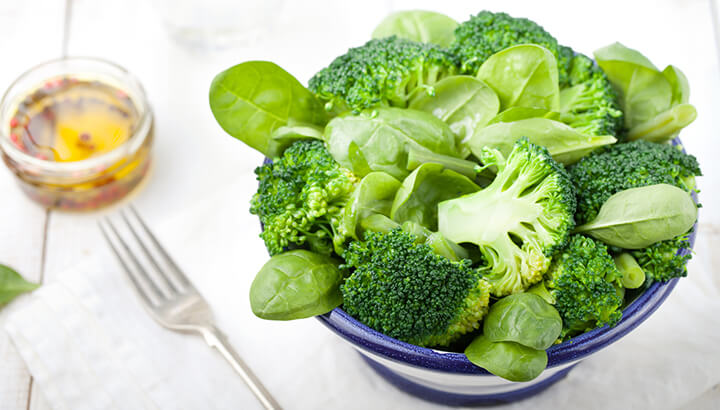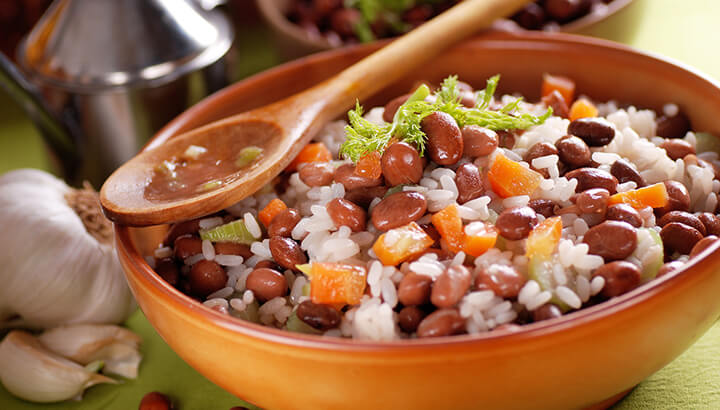
A vegetarian or vegan lifestyle is not for everyone. Many people enjoy eating meat and in moderation, meat can be a healthy addition to your diet. This is especially true if you choose meat and fish from responsible sources, such as grass-fed, free-range and wild-caught products.
Although responsibly raised meat and wild-caught fish has a lot of health benefits and provides a lot of protein, new research has found that too much may have drawbacks for women over the age of 50. A study was recently published in the journal Circulation and presented at the 2016 conference of the American Heart Association. The study linked eating a high protein diet, including lots of meat, to a higher risk of heart failure in postmenopausal women.
Protein and heart failure research
Worryingly, researchers linked eating a high amount of total dietary protein to almost double the risk of heart failure in women over 50. This is compared to women over 50 who ate less total dietary protein or who ate greater amounts of vegetable protein.
Dr. Mohamad Barbour, the lead author of the study, said, “We found that by increasing the total dietary protein intake, there was a statically significant increase in the incidence of heart failure.”
To arrive at their results, researchers analyzed a large sample (just under 104,000) of women between the ages of 50 and 79. The amount of dietary protein, including meat protein and vegetable protein, that the women ate was assessed through self-reporting. Researchers collected data between 1993 and 1998. After results were adjusted for factors such as age, and risk factors for heart failure, researchers was found that:
“Higher total dietary protein intake (calibrated), appears to be associated with substantially increased heart failure risk while the vegetable protein intake appears to be protective against developing heart failure. Further studies are needed to explore this association.”
The potential trouble with too much meat
One reason for this association, according to Dr. Barbour, may be the way that animal protein works in the body at a molecular level. He explained that animal proteins are able to become toxic. This process may be detrimental to the left ventricle of the heart. On top of that, Dr. Barbour explains that eating a diet high in animal protein may be a factor in excess BMI, which can further contribute to heart failure.
Can vegetable proteins really protect my heart?

While this study found that vegetable proteins seemed to offer a protective effect against heart failure, the quality of the diet and the health of lifestyle mattered even more. According to the study authors:
“An inverse association was found between higher intakes of energy adjusted vegetable protein and HF [heart failure] although this association wasn’t statically significant if the association was adjusted to BMI and diet quality.”
So, in short, eating more vegetable proteins — like broccoli, mushrooms and spinach — are great. But, that’s only if you keep your weight in a healthy range by eating an overall nutritious diet (and, of course, exercising).
A few great heart healthy options

Even those of us who enjoy eating meat could stand to eat it less often, as a plant-based diet is a key part of great health. The following are just a few options for delicious and nutritious complete vegetable proteins:
- A combination of whole grains and legumes, such as brown rice and beans
- Chickpeas combined with nuts or seeds
- Spirulina with nuts
- Quinoa
- Chia seeds
- Hemp seeds
What’s your favorite vegetable protein dish? Please feel free to share!
– Tanya Mead

